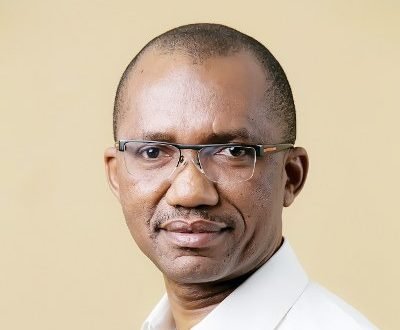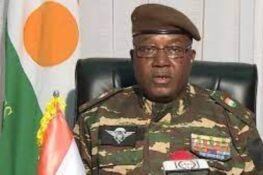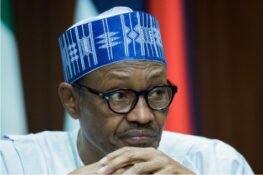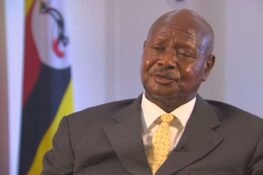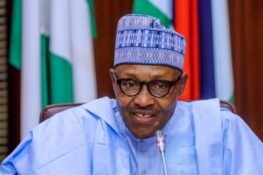This time two years ago, I was over the moon. I didn’t win a lottery. It was, in fact, something that I would have been happy to trade off for a winning ticket.
The election of Muhammadu Buhari as president, the first opposition candidate to displace an incumbent, somehow meant more to me than the thrill of a jackpot.
After five years under former President Goodluck Jonathan, Nigeria was on the brink, poised, it seemed, to fulfill the mythical prophesy by a US think tank that 2015 would the year when the country would break up.
I was two when Nigeria’s civil war broke out and too young to have any personal memories of that dark and painful episode.
But 48 years after, the clouds were gathering.
Elections, especially in Nigeria, have always been war by other means, but the omens in 2015 suggested that that year could well be a replay of 1967, except that this time Nigeria would not only be at war with itself; it would also have had to deal with Boko Haram, too, which had already seized a part of the country the size of Northern Ireland and hoisted its flag in that territory.
You can imagine my joy and the collective public relief when this bleak prospect lifted. The country had been saved for another day. It was more than a winning lottery ticket.
Let me be clear. The problem with Nigeria, including the deadly threat by Boko Haram, did not start under Jonathan. Under Jonathan, Nigeria was making money. Official records, in fact, say that the country made N51trillion from the sale of crude oil alone on his watch.
His government also made a big deal of the post-rebasing exercise, which showed that Nigeria’s economy was the largest on the continent. As far as money went, there was more than enough to sustain official testosterone levels.
But that was precisely the problem under Jonathan: too much money in bed with incompetence.
The country was bleeding heavily and, in the countdown to the election, first scheduled for February 14, it was difficult to see how Nigeria would survive another four years of Jonathan.
We had a Situation Room in my house, comprising two journalists, one computer engineer, one oil and gas expert and two businesswomen: we were all pro-Buhari.
On a scale, a number of us seemed to have been disposed to anyone-but-Jonathan. Buhari’s strong anti-corruption and military credentials helped, but his rigidity and the attempt by PDP to tar him with the brush of Islamic extremism raised some concern, too.
In our circle, what finally tilted the scale in Buhari’s favour was his choice of Yemi Osinbajo as running mate, an honest, hard working, down-to-earth man.
We were fed up with the insecurity, the corruption and sheer incompetence of Jonathan, who had obviously tried his best but didn’t know a better way to run government.
We wanted change.
When the election was shifted by five weeks we smelt a rat and vented our frustration, not just amongst ourselves but also with friends whom we often called by phone whenever we assembled.
At last, it happened. The elections held on March 28 and after what seemed like an eternity, prefaced by a bizarre drama staged by one Elder Godswill Orubebe at the national result centre, Buhari was announced winner with a margin of about three million votes.
Change has come?
In recent times, I’ve met separately with a number of those in my Situation Room two years ago. Out of six of us, I’m probably the only left – or maybe one and a half of us – who still believe that change is happening. But seriously, who can deny that it is not the fast, dramatic change we were hoping to see?
It’s slow change. We’re not used to not having money, not spending big and not living large. Unfortunately, the government, which is the spender-in-chief, has taken a double hit from falling oil prices and weak supply, largely caused by sabotage.
That is apart from the billions in different currencies stolen under the previous government. Recession has swallowed up most of Buhari’s promises alive, leaving him with slow, painful change.
But he has done some things. He has put Boko Haram on the back foot, rescued most of the kidnapped Chibok girls, revived the war against corruption, tried to reset the ratio of capital spending, and to live by example. He might have done more, if he was in better health.
My joy-o-meter is not at the level it was two years ago, and it’s almost certain that if an election were to hold in my Situation Room today, Buhari will lose. But not to Jonathan. And that’s the irony of it all. In spite of our current misery, a flailing Buhari will defeat an incompetent and clueless Jonathan, any day.
Could we have had a more robust field? Let’s see what the next two years bring.
Email: azuishiekwene@gmail.com
